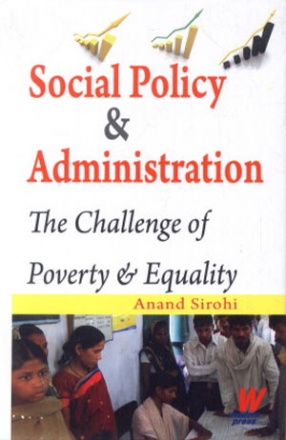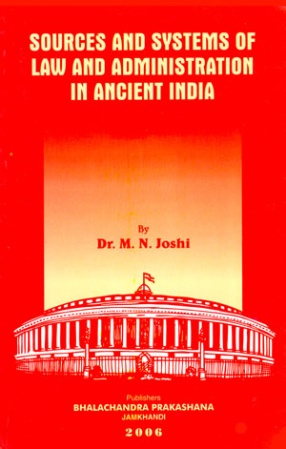The problem of reservations for backward classes has assumed a new dimension because of the massive socio-economic change and resultant change in the perception regarding equality. The classes excluded in the past from culture, education and jobs have started pressing for a greater share in power. The main emphasis is on caste because of the potential of caste in the battle for ballots. The courts are required to strike a balance between values of equal treatment and social justice, administrative efficiency and equitable distribution of benefits, constitutional objective of casteless society and reality of caste-based disabilities. This book gives a fresh look to the problem and offers some concrete solutions. Contents include: Introduction to the subject is given in chapter 1. Chapter 2 outlines the history of reservations in government jobs and the debates of constituent assembly regarding the problem. Chapter 3 brings out the problem of identification of backward classes in the post-constitution era, examines the Kaka Saheb Kalelkar Commission Report and also undertakes a critical evaluation of the Mandal Commission Report and the Justice R.N. Prasad Committee Report on Creamy Layer. Chapter 4 analyses various aspects of judicial decisions reported on articles 15(4) and 16(4) of the constitution. The Supreme Court decision in the Mandal case has received particular attention. This chapter also touches upon the post-Indra Sawhney developments, viz., how the problem of reservation has been made an emotive issue and in order to rouse the passion of backward classes and to consolidate the vote bank, reservation upto 80 per cent has been made. The initial response of the Supreme Court has also been referred to. The last chapter sums up the problem and offers certain comments and suggestions.
Ethnicity in Manipur: Experiences, Issues and Perspectives
The theme of the present ...
$12.60
$14.00




There are no reviews yet.